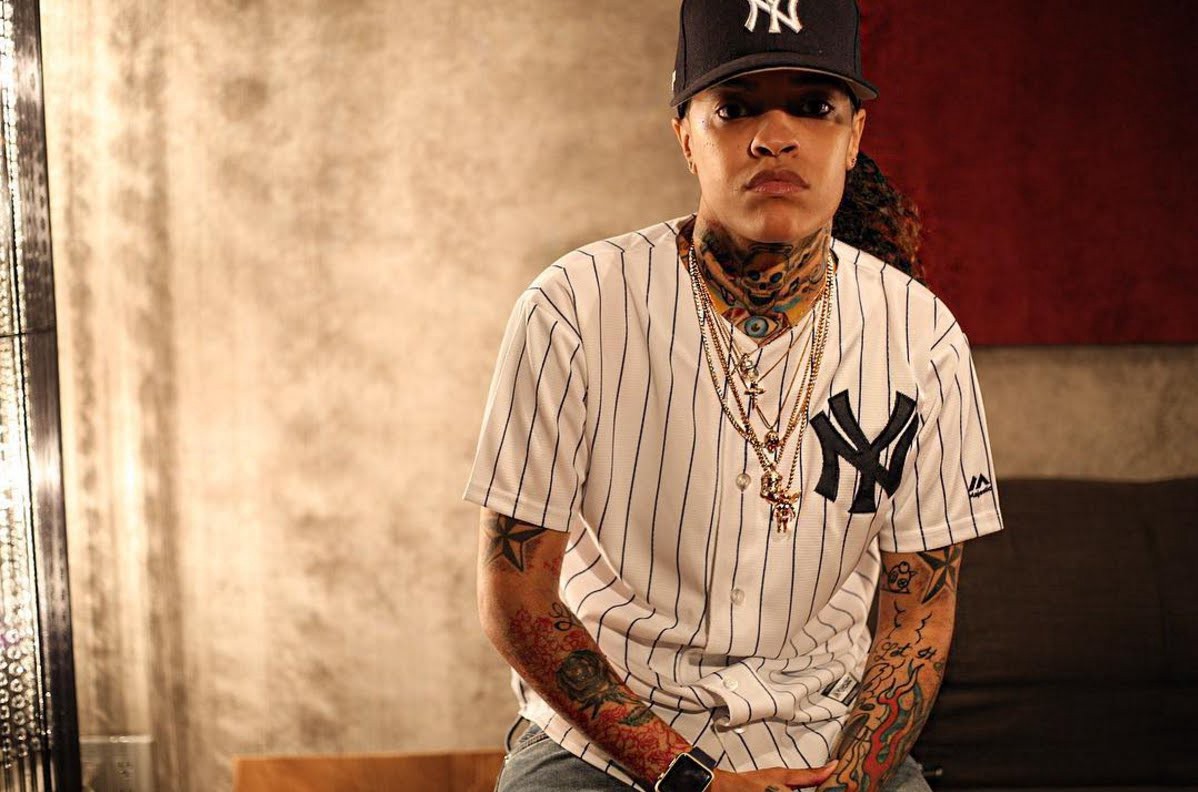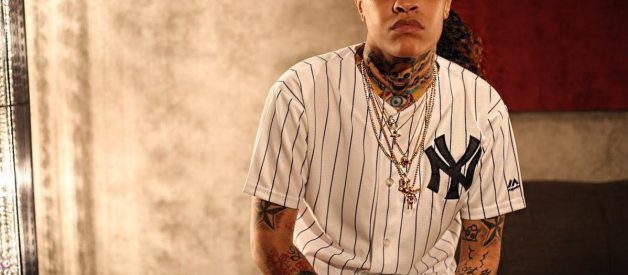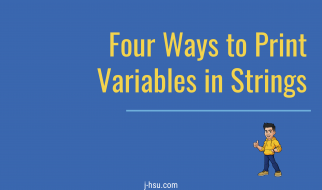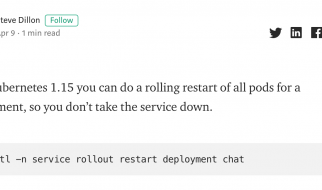A Fracture In the Lesbian Community
 SIYA, a dyke rapper
SIYA, a dyke rapper
The History of ?Dyke? As a Word
Most of the history circulating around the word ?dyke? is a history that I have only read about. I was too young to experience most of it.
The word first came into place to describe ?bulldykes? in Harlem during the 1920s. At its birth, dyke was a unique infusion of misogyny and homophobia that has been leveled at sisters of color as they endured abuse of all kinds. By condemning someone as a dyke, an assailant was attempting to point out the victim?s ?manliness? and justify any resulting violence.
The most recent case I can remember was last year, when a complete stranger assaulted a dyke outside of a restaurant in Los Angeles. The incident that most affects me is when my childhood hero, a female basketball player, was punched in the face ? like a grown man, I might add ? by her own father. Both of these women said that the most hurtful part about the slur ? and the violence that followed ? was not the hateful ignorance, but the general apathy of the public. No one called the police, or checked if they were okay, because after all, they were only dykes.
Modern Usage of the Word Dyke
When dyke was reclaimed by the queer community, those outside the community were generally discouraged from using the word if they ever wanted to be considered allies. This is, in part, because of the apathy that the general public showed to dykes when dykes endured violence at the hands of bigots. Even people who did intervene in times of harassment were encouraged not to use the word, so that other queer people who did not know these allies personally were less inclined to feel the need to protect themselves from them.
This process mirrors that of the n-word and the other f-word (no, not f***. The other one ? rhymes with ?gag?.) As marginalized communities took back slurs meant to demean them, the dominant community lost the right to use those words.
However, dyke is not like those other slurs, because it cannot be replaced. No one needs to say the n-word, because there is still black American, or African-American. No one needs to say the other f-word, because gay or queer is available.
Lesbian is not a sufficient substitution for the word dyke.
Why Not Lesbian?
Lesbian, as a word, only denotes one?s sexuality, based on two criteria: one?s gender and the gender of those that they are attracted to.
A lesbian is understood to be a woman who enjoys having sex with another woman. Dyke, however, speaks more on the gender of the person that it is describing: it is a word for a woman with an affinity for masculine energy.
Many queer women today identify with the very quality that dyke was originally intended to demean: their ?manliness.? Dyke is one of the few words in the English language to do so, however problematic. By using lesbian to describe someone like me, they are denying a large part of me and other people like me, my gender expression. I?m not a lesbian. I don?t strictly identify as a woman, and I?m not transgender. I?m a dyke.
I grew up in an environment where non-dykes outside of the community referred to dykes as dykes, not to demean them, but as a nod to their masculine energy. By non-dykes, I mean basketball players, or fellow fans of dyke rappers such as Young M.A., or SIYA (the latter being the rapper in the photo above).
For these largely heterosexual, cisgender men to refer to people like me, and like them, as lesbians wouldn?t do full justice to who I am.
Lesbian won?t work, because the point of a dyke is not just that dykes like women. I, myself, am not a lesbian at all. I don?t consider myself exactly a woman, nor do I frame my sexuality with the gender of the people that I am attracted to. I most identify with the blend of my sexuality and my gender as a dyke. To call me a lesbian would relegate me to a womanhood that I don?t think I belong in. To call me a lesbian would assume a stronger affinity for women ? especially in relation to men ? than I have.
I recognize that the wounds and past incidents of dyke-bashing are still very fresh.
Today, we may not be ready for the general public to use the word dyke, however well-intentioned. However, dyke-bashing incidents are fading in occurrence. As they fade, I petition that the use of the word dyke should not fade with them.


